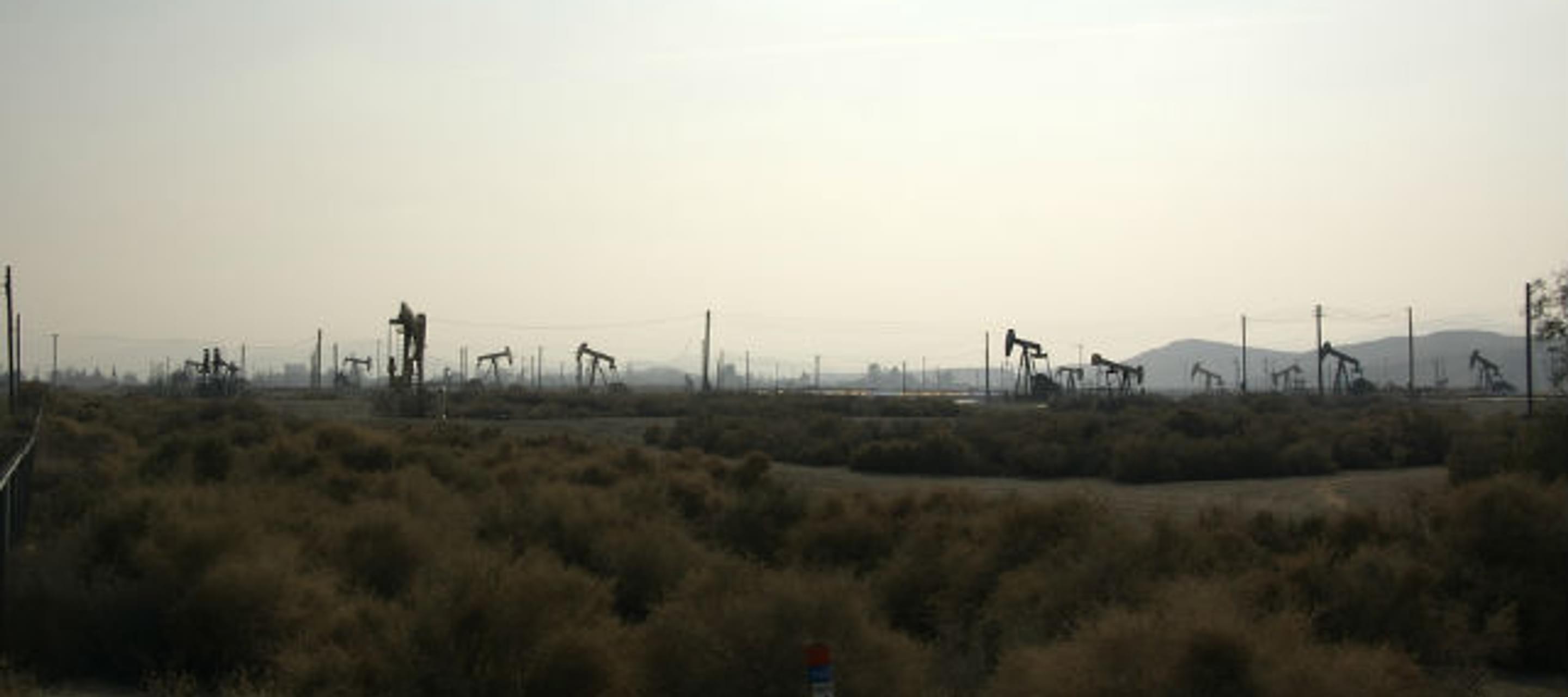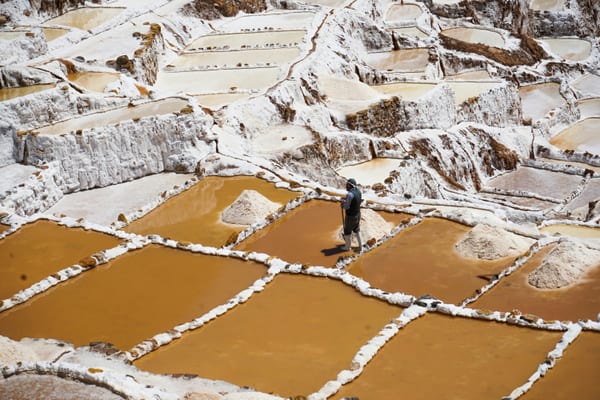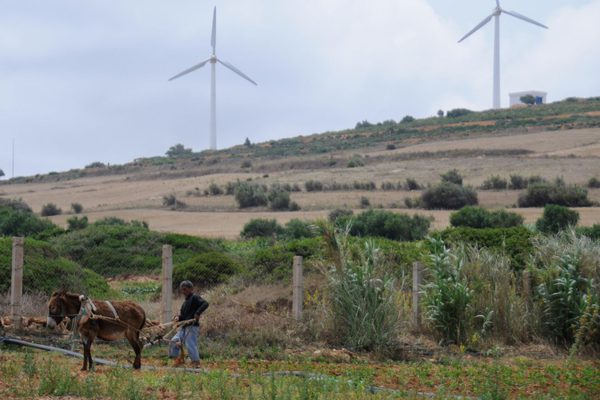Human Rights Risks and Responsibilities - Oil and Gas Exploration Companies in Kenya
24 March 2013

By 2020, Kenya will be an oil producer. Quite how significant a producer is unknown but whether in a trickle or a torrent, oil will flow. This gives the country several years to prepare. Several years to develop the policies, the institutions and the practice, which underpin successful natural resource management.
Several years, in other words, in which to buck the trend of some other African oil producers, avoid the conflict, corruption and inequality still plaguing the continent’s western coastline and offer a different model - one based on financial integrity, environmental sustainability, shared prosperity and respect for human rights.
Within a challenging context rife with opportunity and risk, the Institute for Human Rights and Business (IHRB) and the Kenya National Commission on Human Rights (KNCHR) have launched the ‘Nairobi Process: a pact for responsible investment’. It aims to embed human rights stan dards and due diligence through the application of the UN Guiding Principles in the emerging oil and gas sector in Kenya.
The Nairobi Process brings together a group of oil and gas ‘majors’ (multinationals) and ‘juniors (smaller exploration companies), which have been granted exploration licenses in Kenya to address collaboratively key areas of human rights concern as this nascent sector develops over the coming years. Focusing on government advocacy, company engagement and civil society capacity - building, the Nairobi Process is promoting international standards of responsible business practice, based on global frameworks such as the UN Guiding Principles on business and human rights and the Voluntary Principles on Security and Human Rights.
It is creating a much-needed space not only for confidential debate around dilemmas, but also an opportunity to build trust and understanding of the needs, expectations, rights and responsibilities of different stakeholders involved in this emerging sector. This process is important and timely because even in this exploration stage, there are already human rights - related tensions between communities and companies that have to be addressed by the government through the laws and policies being put in place and by the co mpanies by way of community engagement.
The purpose of this report is to explore the key challenges oil and gas companies are likely to face in Kenya and offers practical ideas on how they might be overcome.
Photo: Flickr-benklocek




